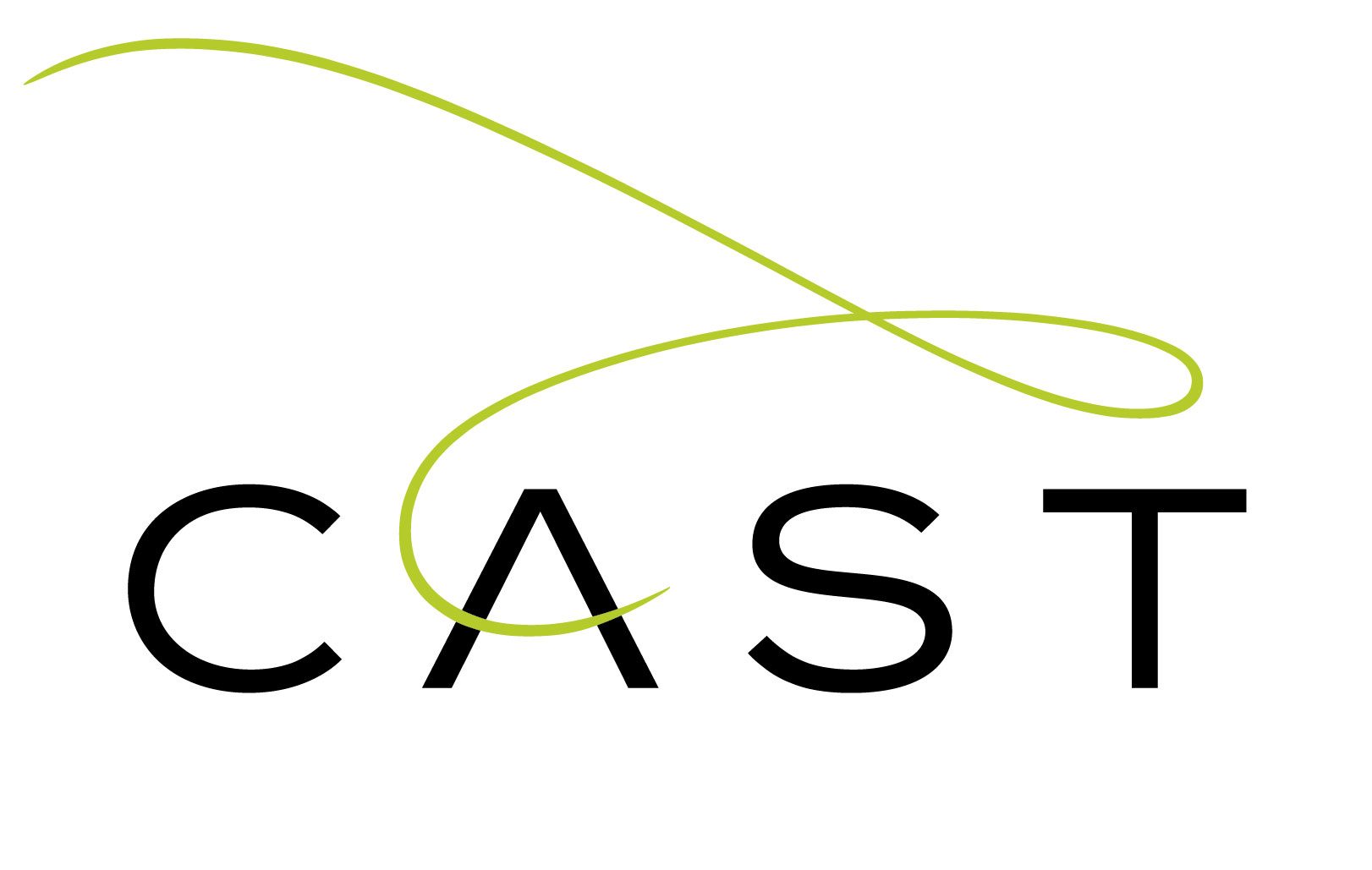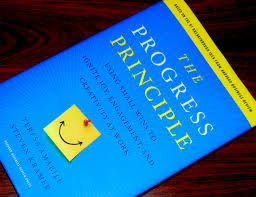Chris Guillebeau’s “Art of Non-Conformity” is one of the few blogs I rarely miss, partly because I sort of want to be Chris. Well, not really — but I do want to be a travel hacker someday, and Chris seems to have that down.
But to my point: Chris has a great post today on happiness — or, rather, unhappiness. He’s taken a bunch of research on what makes people truly happy and written a manifesto of opposites. If you’re looking to ensure your unhappiness, try these things…
It got me thinking about employee unhappiness — or, in business-speak, disengagement This would be an employee’s unwillingness to invest discretionary effort on the job.
What sorts of company practices might lead to that? Let’s use Chris’ list as a starting point and see how it might translate to the corporate setting and employee engagement:
*****
Buy things you can’t afford or don’t want. Either choice is a sure fit for unhappiness. When you buy things you can’t afford, you go into debt, which limits the other choices available to you. When you buy things you don’t want, you lie to yourself about the real source of your unhappiness.
I heard a story just today from a CEO whose company just moved into sweet new digs. Newer, brighter, safer and more comfortable. The employee buzz? “Couldn’t we have used this money for raises or bonuses?”
*****
Compare yourself to others. The love of comparison is the root of much misery. Therefore, judge your success or worth based on other people, especially those with a different background from you. Do this on a continual basis, always looking for a new idol or competitor in which your ideal unhappiness lies.
How many times have you heard an employee say something like, “How come Steve got promoted/recognized/bonused? I’ve been here longer/worked harder/dealt with more b.s.” What’s interesting is how much of our traditional thinking around performance management actually fosters this. After all, competition’s good for individual performance, right? If there are only so many promotions available, people will fight for them.
*****
Take no joy in the journey. Focus only on the destination without appreciating the ride. Fail to celebrate small successes, and neglect to pause for reflection on how far you’ve come.
The best book I’ve read on employee motivation this year (and maybe ever) is titled The Progress Principle: Using Small Wins to Ignite Joy, Engagement & Creativity at Work.
Catch that? Small wins and everyday progress are the key to employee joy, engagement and creativity.
*****
Respond instead of initiate. Take no responsibility for your schedule or preferences. Let other people set the agenda for your life. Take the lead for your schedule from your Inbox, voicemail, or someone else’s demands.
Lack of empowerment = lack of engagement. Strangely, employees seem to want some level of autonomy in their work, and like to be asked what they think from time to time.
*****
Allow other people to determine your values and priorities. Set no compass point for your life. Drift in the wind. For best results, allow your values and priorities to shift as you waver between bosses or role models.
The strongest company cultures live at the intersect of shared and personal values. Employees are given room to express and protect what matters most to them, within the context of the business and what it’s trying to achieve.
*****
Refuse to challenge yourself. Take it easy and settle into routine. Choose to believe that all stress is bad and seek to live as relaxed a life as possible.
The most engaged employees feel stretched and supported. They are encouraged to take risks, and understand the path in front of them.
*****
Whine and complain to anyone who will listen. Explain how the world isn’t fair and how you would do things differently if you were in charge. Bonus: this practice also allows you to contribute to other people’s unhappiness.
Whiners are poison and should not be tolerated. Create forums for constructive feedback, cut off gossip and whining at their source.
*****
Focus only on yourself. Refuse to forgive. Hold on to grudges. See the worst in people. Do not give out free lunch.
Employees want to contribute to something bigger than themselves. Engaged employees are connected to a team, a peer group, a mission, and their leaders.
*****
Settle. Accept things as they are no matter how unsettling they might seem. It could always be worse, right? Live in the complacency of your situation and refuse to fight for something better.
The best company visions and individual performance plans are aspirational. They call the team and every employee on it to reach higher than they think they can.
*****
The parallels aren’t perfect, but altogether not a bad little anti-manifesto for employee engagement.


